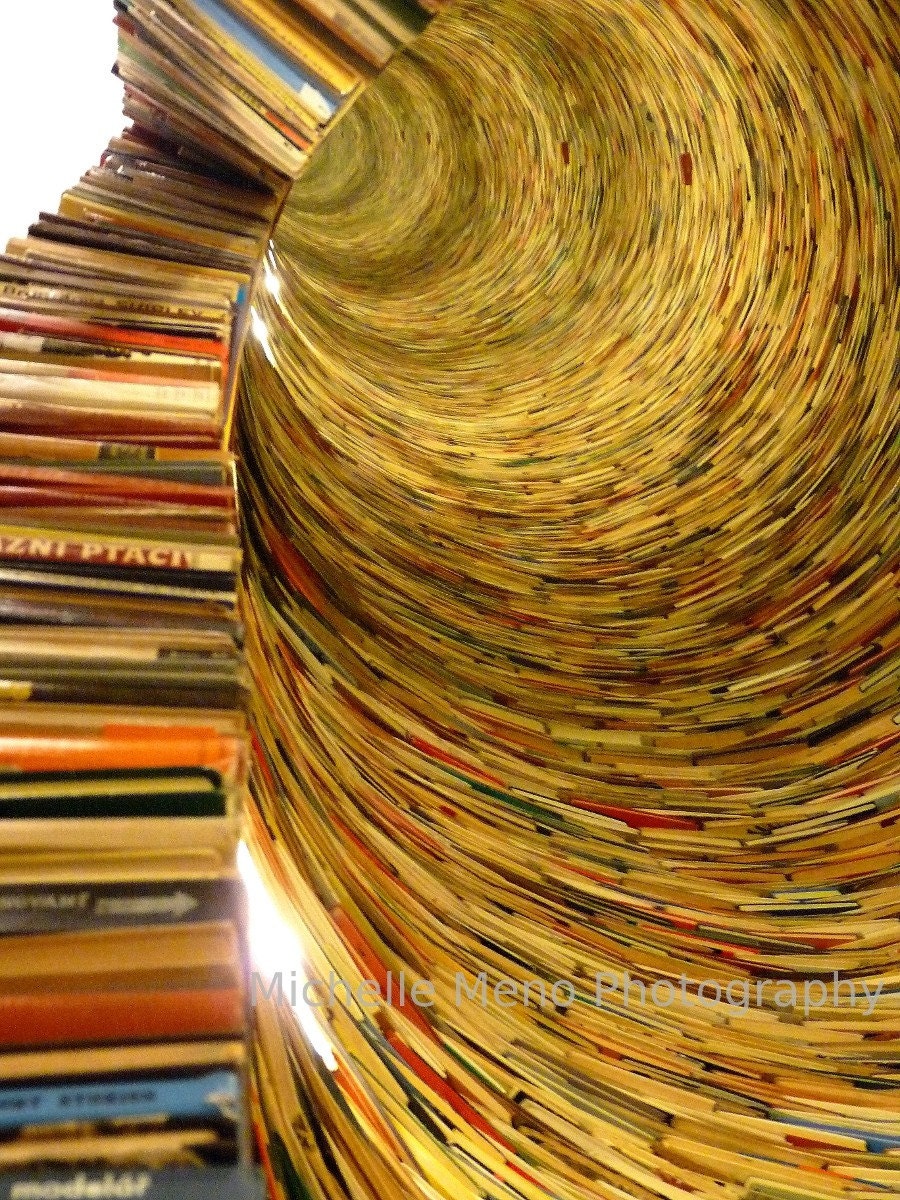So, writing in and of itself is nothing new. Storytelling has been going on since before language was even in literate form. Oral narratives and oral tradition paved the way for our physical, written languages to take the reins, and now writing and literature and stories of every genre, age-range, country, language, and style can be found at the tap of a button or the flip of a page.
It's like we have a never-ending library in our closet. Now that's something I want in my room. Ah, yes, move those shelves right in here. I'm sure we'll make room. Somehow.
Writing, however, didn't used to be so easy as it is now. Easy, you say? Pah! I've been trying to get published for a decade (and others can claim rejection even longer than that) and I still haven't gotten more than one initial peck of a response that then turned into nothing because I didn't have the right subgenre that they prefer.
Still, writing has become a hobby/lifestyle that all can attempt if they want to. There were times (and still are) when certain genres or genders couldn't write freely without derision or simply a lack of payment. Women had to use pseudonyms, much of the time. And Science Fiction is still fighting against those who would claim it as being outside of the 'literature' category.
The Encyclopedia Britannica blog recently put together a list of 10 Women Writers Who Changed Literature, and it's interesting to see what names are on there and why. Such obvious power houses as Jane Austen, Emily Dickinson, and Virginia Woolf are included, and also some surprising additions: Sappho, Murasaki Shikibu, and Colette. I don't call them surprising because I don't think they should be there, but because they are such little-known names to many literature lovers. Shikibu who wrote the Tale of Genji, Sappho, whose poetry is recognized today as being some of the most beautiful and lasting in the world of poetry...
Let's do a little test. Here's a list of 7 women who wrote under pseudonyms to get their books/tales published. How many on this list match those on the other?
Well let's see...J.K. Rowling, the Bronte sisters, Alice Bradley Sheldon who wrote in the science fiction world long before it became gender-neutral, Louisa May Alcott, who wrote Little Women...and while all of these names are undoubtedly names of literary forces who changed writing (and indeed reading) as we know it, it does not appear that their pseudonyms affected their power. Indeed, all of these women shucked their male pseudonyms rather early on, and many only used them as a means of separating their income from their purposeful writing.
What does this mean, ladies and gentlemen? That we have no excuse. Wrong genre, wrong name, wrong style, it doesn't matter-- we can write and make great strides in literature even by just tapping away at our keyboards day after day, scribbling in ink-stained notebooks and smudging fingers along bits of napkin. All of these authors, both men and women, have struggled and hurdled great obstacles. What's standing in your way?


No comments:
Post a Comment